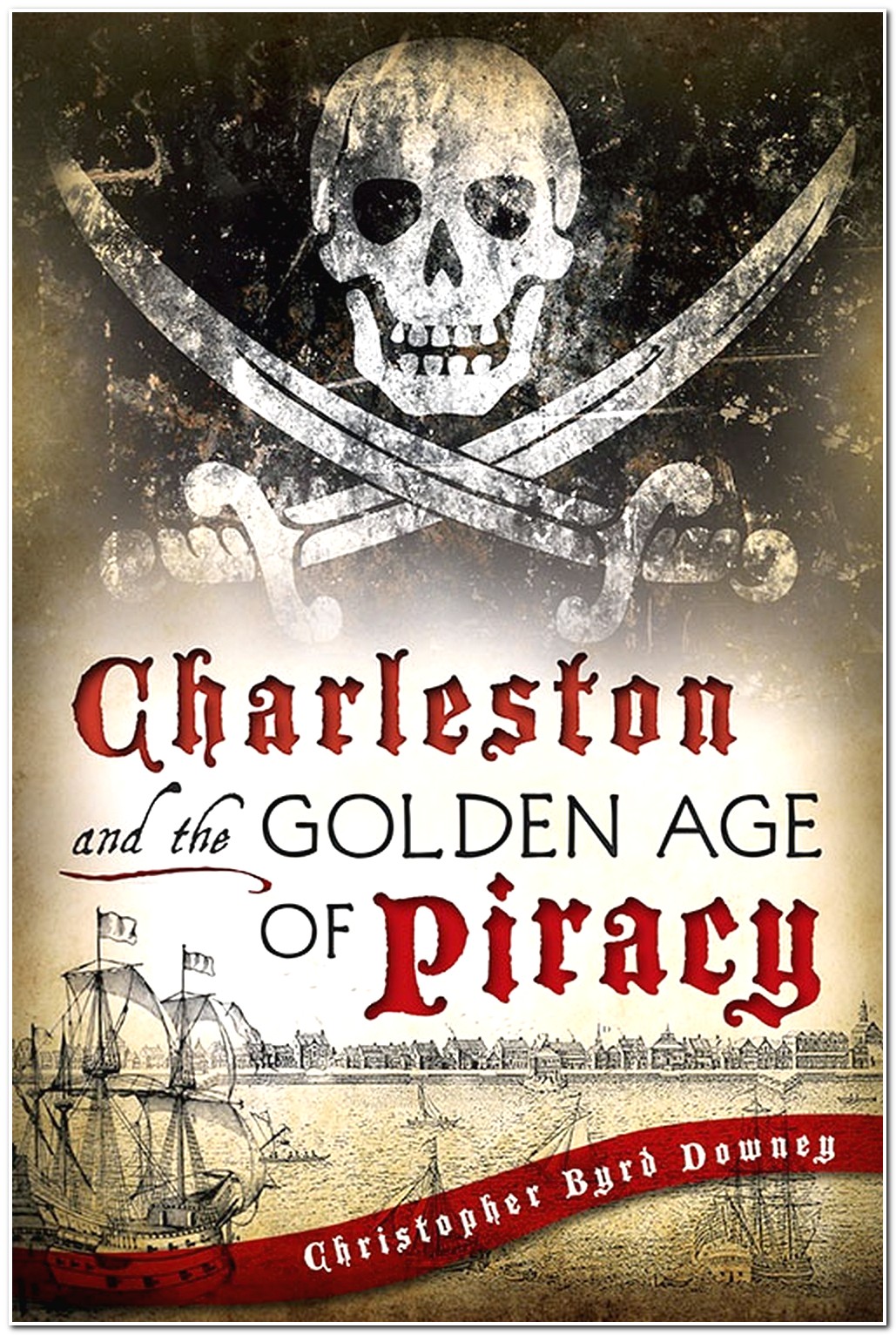

These regions are the historical purview of, respectively, the Quakers of the English Midlands and the Puritans of England’s eastern coast, with their distinct views of human nature and how government had to be organized to respond to it. What he calls The Midlands, for instance, extends from the central Atlantic Seaboard deep into the Great Plains, encircling “Yankeedom” by taking in the southern tier of east-central Canada. The true nations of North America, writes historian and Christian Science Monitor foreign correspondent Woodard ( The Republic of Pirates, 2007, etc.), have little to do with those artificialities.īorrowing fruitful notions from Joel Garreau’s Nine Nations of North America (1981) and David Hackett Fischer’s Albion’s Seed: Four British Folkways in North America (1989), Woodard traces the differences in America’s regions to cultural, ethnic, religious and political differences among various strains of settlers, many of them long in play back in the British Isles. Maps.Forget about the United States and Canada. Still, this is a fast-paced narrative that will be especially attractive to lovers of pirate lore and to vacationers who are Bahamas-bound.

Woodard's portrait of Rogers is a little flat-the man is virtually flawless ("courageous, selfless, and surprisingly patriotic"), and the prose is sometimes breathless ("they would know him by just one word. Woodard describes how Rogers, aided by Virginia's acting governor, Alexander Spotswood, finally defeated the notorious Blackbeard. Woodes Rogers, the governor of the Bahamas and himself a former privateer, determined to bring the pirates to heel. The British saw piracy as a threat to colonial commerce and government. Known as New Providence, the community attracted not only disaffected sailors but also runaway slaves and yeomen farmers who had trouble getting a toehold in the plantation economy of the American colonies. One group of especially powerful pirates set up a colony in the Bahamas. ) tells a romantic story about Caribbean pirates of the "Golden Age" (1715–1725)-whom he sees not as criminals but as social revolutionaries-and the colonial governors who successfully clamped down on them, in the early 18th-century Bahamas.


 0 kommentar(er)
0 kommentar(er)
